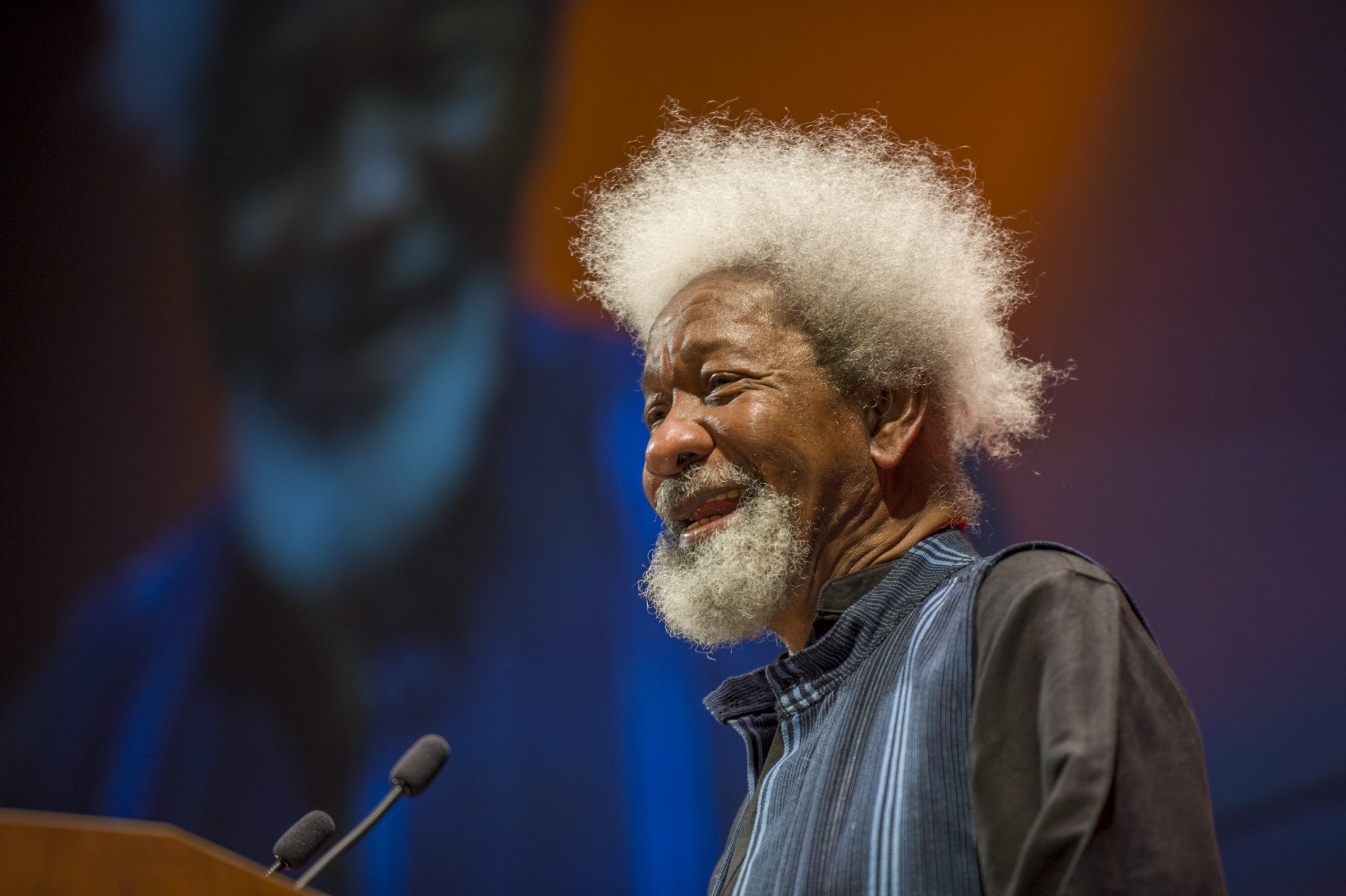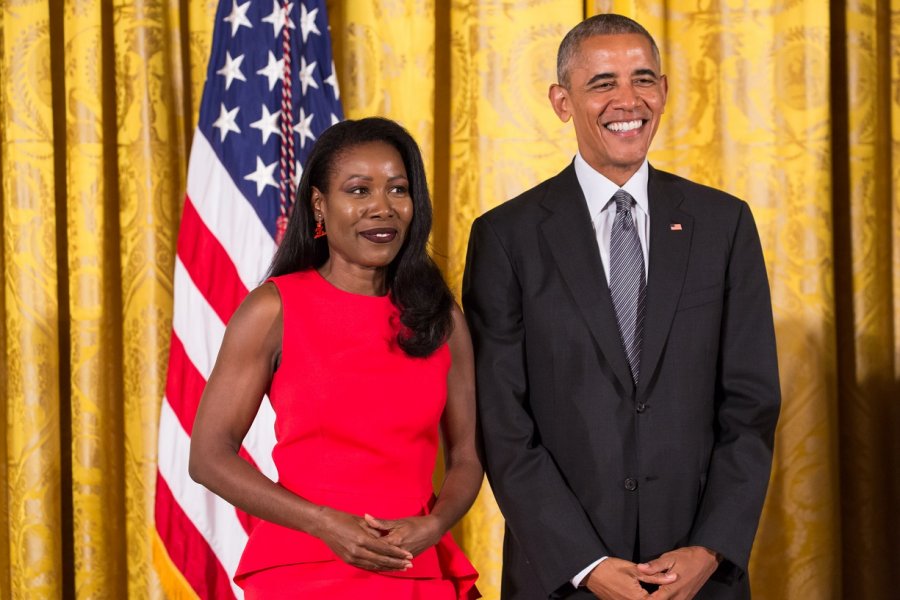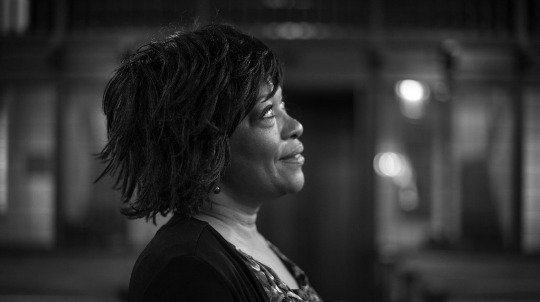 Last September, Nobel Laureate Wole Soyinka spoke passionately about the global “contest between barbarism and enlightenment” around educating children. His words sound prophetic now in the wake of the April kidnapping of Nigerian school girls in the northeast of his own beloved country.
Last September, Nobel Laureate Wole Soyinka spoke passionately about the global “contest between barbarism and enlightenment” around educating children. His words sound prophetic now in the wake of the April kidnapping of Nigerian school girls in the northeast of his own beloved country.
“To go to school – to handle a book – becomes a life and death event,” Soyinka said in his acceptance remarks at the 2013 Anisfield-Wolf Book awards ceremony. “Right now, in northern Nigeria, there are school children who have been waylaid, their hands tied behind their back, their throats slit, for daring to go to school.” For some five years, a militant Islamic movement in northern Nigeria has terrorized families trying to educate their children, particularly their daughters.
Soyinka, 79, decried these armed men, saying these groups must be fought and immobilized. One such cadre – the Islamic militants of Boko Haram — has targeted schools, burning down more than 20. Then on April 15, this segment kidnapped some 234 girls, and drove them in trucks into the forests near the border with Cameroon. The name “Boko Haram” translates roughly as “western education is forbidden.”
In recent days, families of the missing girls have organized street protests and started social media campaigns to try to goad the Nigerian government into action. Rumors suggest many have already been sold off to soldiers, some for as little as $12. On Saturday, protests spread to London, New York and Washington, D.C. Demonstrators held aloft signs that read “African Lives Matter” and “Bring them Home!” The hashtag #BringBackOurGirls is surging.
During his September remarks, Soyinka drew a sharp line between those seeking education and those violently suppressing it. He had already asked several Nigerian governors to distribute the inspirational videotape of Malala Yousafzai addressing the United Nations last summer—“so that the school children can see that they are not alone. What they are undergoing has become a universal scourge, which has to be fought.”
Soyinka asked the audience in the Ohio Theatre to consider the retreating insurgents in Mali who set fire last year to the country’s priceless library. “Books and all forms of writing are terror to those who would suppress the truth” remains a signature Soyinka observation. When he made it, Soyinka said, he was thinking of dictators – now it applies to hoards.



